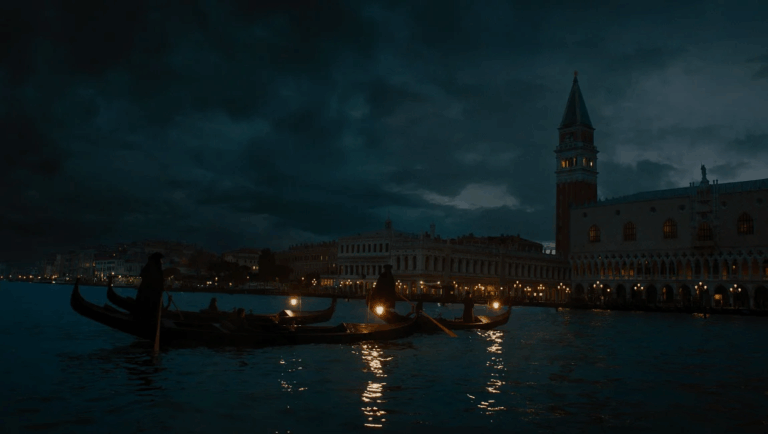Porcia, born on 70 b.C., was the daughter of Cato the Younger, a stoic roman senator of the late republic, and the wife of Marcus Junius Brutus, the infamous assassin of Julius Caesar.
Brutus married her after divorcing Claudia, the daughter of his long-time ally Appius Claudius Pulcher, without offering any reason whatsoever. This divorce was not received well within Brutus’ family and gained the displeasure of even his own mother Servilia, but Porcia was favoured by Pompey and this made sure the marriage had the support of people like Cicero. You can imagine how fun that was.
Regardless of the political aspects, Plutarch assures us that Porcia loved Brutus (of course he does) and was very loyal to him (which is almost the same thing, isn’t it?) and narrates an anecdote in which she would have wounded herself in order to demonstrate her husband that she was able to withstand pain and therefore he could trust her with his secrets. As if having delivered two children was not proof enough.
When the plot to kill Caesar unfolded, Brutus and the other assassins fled to Athens, but Porcia was left behind. ’cause he loved her very much too, I guess.
In this letter, imagined by Mademoiselle De Scudery, she’s writing to Publius Volumnius, a philosopher who was a close friend of her husband and allegedly heard his final words while he was committing suicide after his defeat at Philippi. According to Volumnius, Brutus repeated two words, but he accounts just for one. The second one is, of course, a matter of speculation.
Her death is also something artists obsessed upon: allegedly, she committed suicide in 42 b.C. by swallowing hot coals. There’s a lot of controversies, over time, over the place and means of her death.
Porcia appears in several dramas and plays, most importantly in Shakespeare’s Julius Caesar as one of the only two significant female characters: in act IV it is said that she died by swallowing fire.
«Impatient of my absence,
And grief that young Octavius with Mark Antony
Have made themselves so strong—for with her death
That tidings came—with this she fell distract
And, her attendants absent, swallowed fire».
What’s really hilarious is Cassius’ answer to Brutus, in which he asks «And died so?».
No, genius, she survived and went for a walk, where she was hit by a truck.
Shakespeare mentions her again, in The Merchant of Venice, as a term of comparison in beauty and virtue for one of the main female characters, that’s also named Portia.
She’s also the main character in Robert Garnier’s play Porcie, published 1568 and firstly acted in 1573 at the Hôtel de Bourgogne: the play mostly revolves around her tragic suicide.








No Comments